|
I was driving home from a swimming meet a few weeks ago. My daughter was in the car with me and our conversation went something like this. Molly: “I’m so proud of you! You did so well in your event” Me: “Thanks, I’m pretty happy with how I went. Even though my time was 3 minutes slower than my best back in the day. Did you see those young whipper-snappers? So fast! That was me 30 years ago…..burning up and down the pool” Molly: “Yeah but look at you….out there doing it and still enjoying it!” Me: “True. These days it’s all about being healthy and having fun. But still……” The conversation continued. As it did, I realised I was lamenting my lost youth and almost needing to remind someone - Molly? Myself? - that I was really good at what I did back then even though you’d never know it now. My ego took a bit of a hit when I thought about the athlete I was compared to the athlete I am now. I'm slower, less agile, heavier and take longer to recover. And not just in the pool. Although I wasn't a hiker in my youth (in fact, I recall dreading those hikes on school camps), I've hiked with enough younger folk in recent years to envy their 'bounciness' and to see that my age has certain impacts. In my personal and professional life, talking to and hiking with other hikers, I often hear them say things like, “I’m too old to be doing this”, “I’m not as young as I used to be”, “My body doesn’t recover like it did when I was younger” or “I was so fast/strong/agile/flexible/powerful back in my day”. And often, “I can’t train as hard/long as I did back then”, “It takes too much hard work to get fit” Now I was not an elite athlete but I did enjoy a good level of success at a National level in my teens. At almost 60 years of age, I know that feeling of being decades older and not as ‘good’ as I was in my youth. Not just for swimming (which was my sport of choice) but just generally moving around every day. It can be confronting, especially when you go to perform the simplest of tasks (getting up off the floor for example) and finding it a struggle! Add in more complex activities such as hiking which can involve climbing mountains, negotiating a tricky river crossing, maintaining balance on uneven terrain or descending a steep gradient, and we can really start pining for our younger years! I know how it feels to be older and understand how it can sometimes feel like our bodies betray us as we age. It can play with your head. I also know what it’s like to have trained and competed in an era where training was always hard and something to be dreaded!. The only way to train back then was hard, long and often. In other words, it was hell! It’s true, our youth is long gone. We don’t bounce back like we did in our teens, 20s or 30s. We often feel stiff in the morning or after sitting for too long. We struggle to get out of our camp chair and hear ourselves groaning as we try (or is that just me?!). Groaning is for old people! Should we even be hiking? And do we have to put ourselves through the wringer to train for our hiking adventures? Older hikers rock! Whether you were an elite athlete or a casual exerciser in your younger years, you can probably remember how you felt bulletproof. In fact, it's likely you didn’t even think about it. It was just a given that you could leap tall buildings in a single bound (and not worry about knee pain on landing!). No, we are not the same person we were back then. But in so many ways, we are a better version of our youthful selves! Reminisce about the old days, for sure. But don’t feel that you have to compete with your old self. That's an exercise in futility. Who you are NOW is just as, if not more, amazing! If you’re reading this article, it means that hiking and adventure is something that floats your boat. Instead of sitting around doing little with your life, you’re out there, as an older person, living it up in nature! You’re scrambling over fallen trees, wading through rivers, getting hot and sweaty as you climb hills. Annnnnd loving it! That log across the path; will our creaky hips allow us to get our leg up high enough to straddle and clamber over it or do we risk commando crawling under it and then wondering how we're going to get ourselves upright again. We often look hilarious as we negotiate such things with little grace or style. We might need a hand up and we might make a lot of grunts and groans as we do so. This is the beauty of ageing. We don’t care how we look! Things we may have been embarrassed about in our youth we now find worthy of huge guffaws of laughter! This is so liberating and something that often doesn’t come until later in life for many people. We can poke fun at ourselves and laugh at the absurdities of life. Most of us don’t feel the need to prove anything other than to ourselves that we’ve ‘still got it’. Most of us are happy to have let those competitive years go and just do this for the sheer enjoyment of it. I get really pumped when I see an older person get out in the forest for their first hike even if that hike is just one hour on easy terrain. It wasn't that long ago that I was that person and I recall the profound effect it had on my life from that very day. I was 54 when I did my first hike. I wasn't fit. But I absolutely loved what hiking brought into my life. You don't need to be climbing steep gradients with a heavy pack to get the benefits from hiking. If you do choose to, that's fine too but because you're older, you're doing it for you not because you feel like you have to compete with others. Of course, you might want to set yourself some challenges. But no challenges are good too. Being active in body and mind is all that really matters. If you’re hiking with others, you’ll no doubt find those who align with your style of hiking. I enjoy getting to know the people I hike with and 'clicking' with them on a personal level that has nothing to do with how heavy their pack is or how many peaks they've accomplished. This is what I love about leaving my competitive youth behind. None of that matters. As we know, social isolation can be a real issue for the ageing population. As older hikers, those social connections with other older hikers can be some of the best you’ll have. We already have something in common; our love for the outdoors. This can create some amazing bonds and lifetime friendships. For an older hiker, there are so many benefits! Stronger bodies and improved balance; a couple of things that become increasingly important as we age. Better physical and mental health (the psychological and physiological benefits of 'forest bathing' are well documented) social inclusion and a sense of empowerment and fun. And often, coffee and cake afterwards. Or even during our hikes! So, no, you are not too old. Hiking is the perfect activity for almost anyone at any age. Hiking keeps us young! If you do decide you want to improve your hiking or want to achieve an upcoming trekking goal, then training will definitely help. It will help you to overcome some of those challenges many older hikers encounter. Hiking with the pain from old sports injuries from our youth is a big one I hear often. Knees, ankles, shoulders, hips, necks and backs. Some of these may have become arthritic which adds to the pain. You think these things will prevent you from training. But the opposite is true. Training helps! And the training isn't the same as what you experienced in your youth........... But I have to train hard! I’m too old to put in all that time and effortI’ve had this conversation with a lot of older people. If you were an athlete back in the 70s or 80s (or earlier), you might remember; training could be hell! There wasn’t the knowledge back then. Sports science wasn’t really a thing. Not like it is today. As a swimmer in my youth in the 1970s, training was all about quantity, not quality. We trained 5 hours a day. 11 sessions a week. And we were in big trouble if we needed to take a session off. The sessions themselves were brutal. Swimming at maximum pace for most of the session apart from the warm up and cool down. Things such as ‘training zones’ and rest and recovery were not even a thing. If you were tired, bad luck! Keep ploughing on! As a developing 15yo, I developed anaemia from overtraining and under-recovering. I wasn’t any different to most of my fellow swimmers. No different to many of my friends who trained for other sports. We all got run down and burnt out of sport by our late teens. My coach had a couple of sayings - ‘Pain is Gain, Rest is Rust’ and 'No Pain, No Gain' She had been an Olympian herself and that’s how she’d been coached. It’s how coaches back then coached. Unfortunately, there’s a generation of us out there who still think that training = pain. But here’s the thing. Training these days is so much better than the old days. It doesn’t have to be painful. You don’t need to train to your max for hours and days on end. These days, we train smarter, not harder. It’s a huge mind-shift for many of us. I’m the first to admit that I sometimes still struggle with this. I often still feel that I’m not going to get results from training unless I’m a hot mess on the floor. I know a lot of you feel the same. But the truth is, it really doesn’t need to be like that. Not at all. When I started training with Summit Strength I would find the strength sessions hard but not ‘busting my boiler’ hard. I’d work up a sweat but not turn into a melting mess. I wondered whether this training would produce results. And, hey presto, it did! Most of the exercises mimic certain moves we use on the trail. The programs are not like the generic ones you’d get at your local gym. They are hiking-specific and best of all, they don’t take hours of your time. Like I said, this training is smarter, not harder. Yes, you need to be consistent but that's not so hard when you're not dreading your workouts. As an older hiker, I love that I won’t be given apoplexy-inducing exercises such as burpees! All that getting up and down from the floor, no thanks! And I won't be needing to crawl along the floor to the shower at the end of a workout. So if you're from that generation back in the 80s where Jane Fonda yelled at us to 'feel the burn' as we huffed and puffed our way through bone-jarring high impact workouts in our lycra leotards and leg warmers, I've got good news for you! You don't need to be doing anything like that to get fit and strong for the trails. Times have changed. Don’t let that old mentality of thinking you need to flog yourself into oblivion to get results stop you from getting yourself fit and strong for the trails. Nothing could be further from the truth. The proof is in the pudding! Check out the programs that Summit Strength offers. You'll be super happy you did! About the Author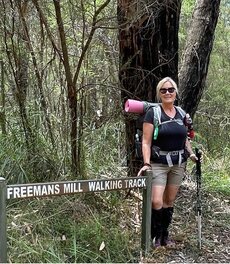 Andrea is a coach with Summit Strength, who specialise in helping hikers get strong and pain-free for their adventures. At the age of 54, she discovered a real passion for hiking. But she also discovered just how limiting physical fitness and pain can be on the trail. After signing up to one of the Summit Strength signature programs, she discovered just how much of a difference the right training can make to a hiker's enjoyment and comfort on their adventures. She knows that the journey isn't always easy and 'life' can sometimes impact on our training goals. She shares her insights and experiences with us in her blog articles. These days, as an Online Adventure Coach with Summit Strength, she helps hikers all around the world get fit, strong and resilient for their adventures.
|
AuthorRowan is a personal trainer who specialises in training for hiking, trekkers and mountaineers for their bucket list adventures. Archives
July 2024
Categories
All
|
AboutSummit Strength is a personal training for hiking service created specifically to help hikers have the best chance of a safe, enjoyable and successful adventure.
|
Company |
Services |
|
|
© COPYRIGHT 2018. ALL RIGHTS RESERVED.
|
Website Design by My Personal Trainer Website
|

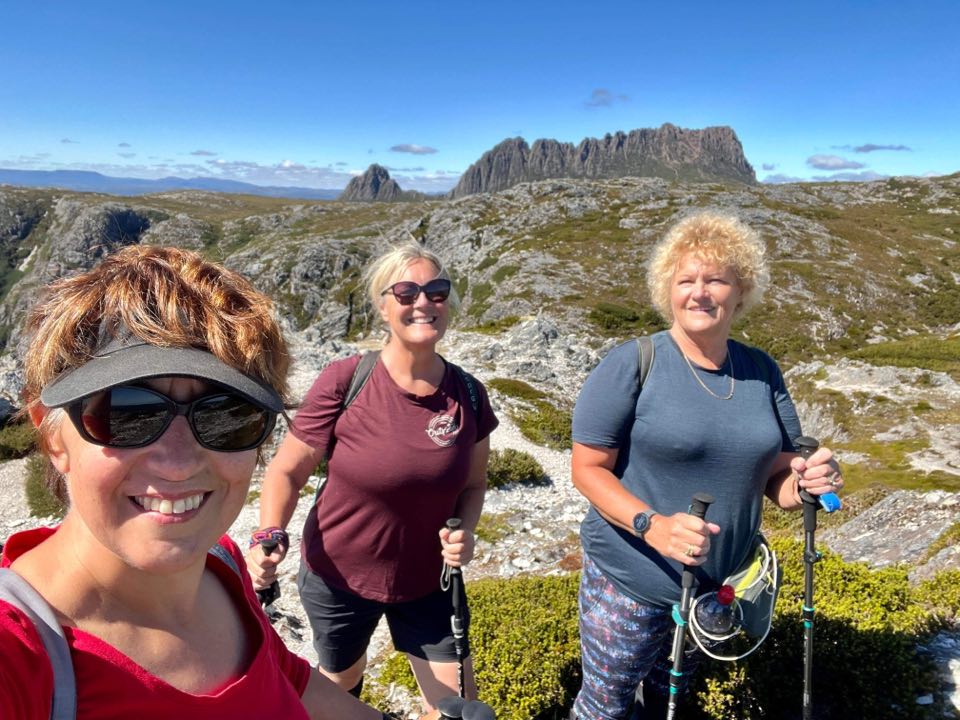
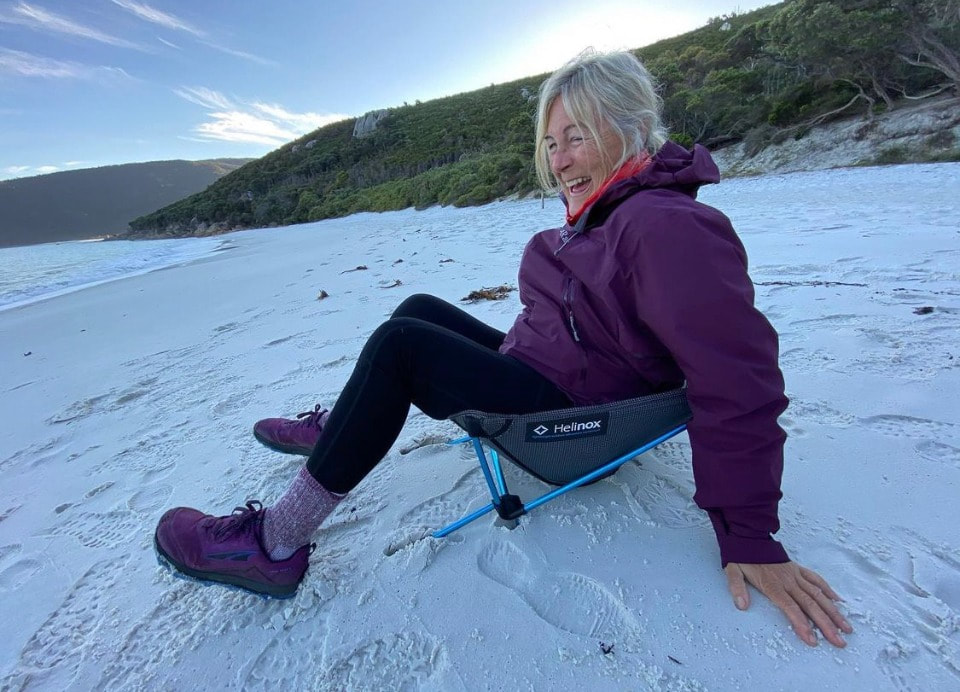
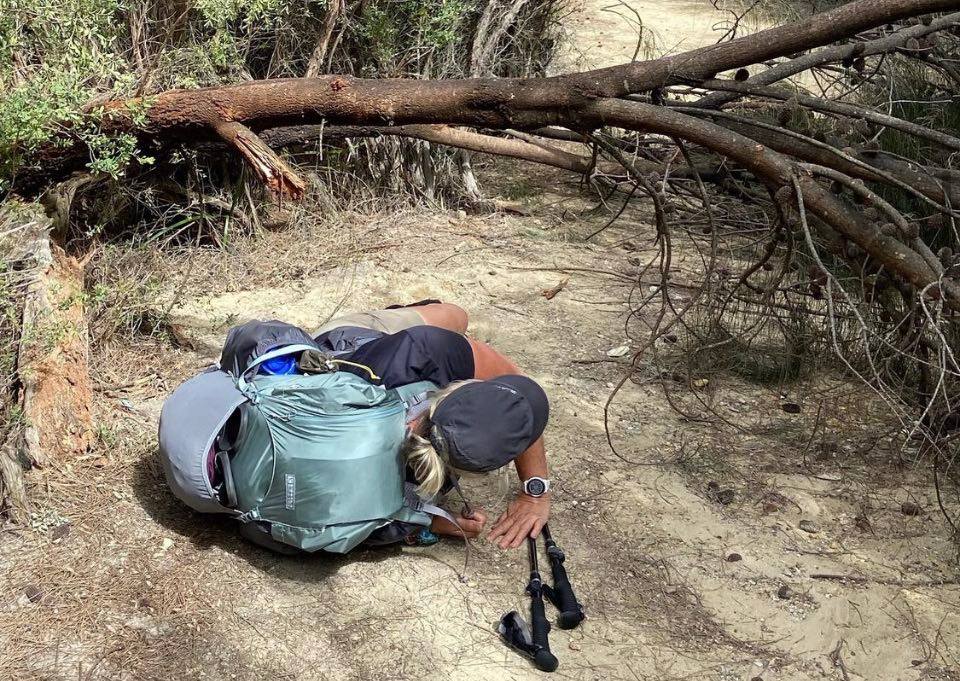
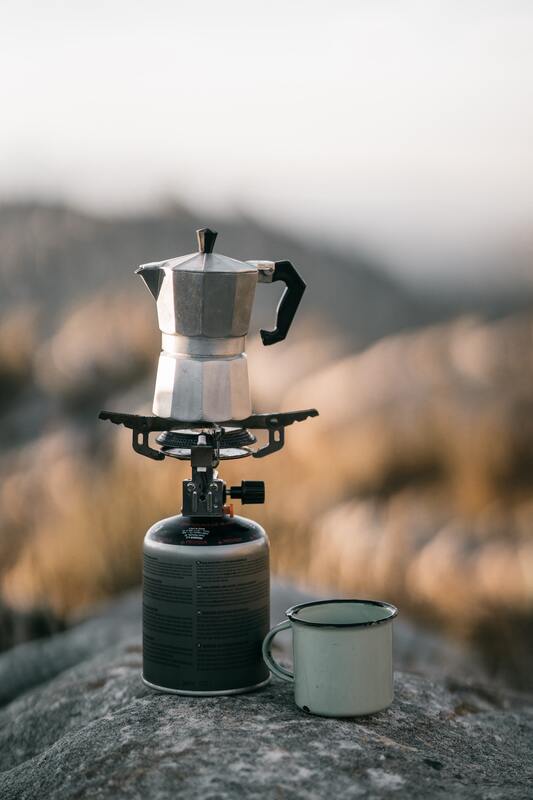
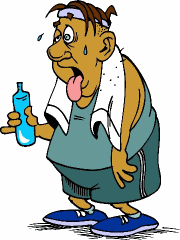
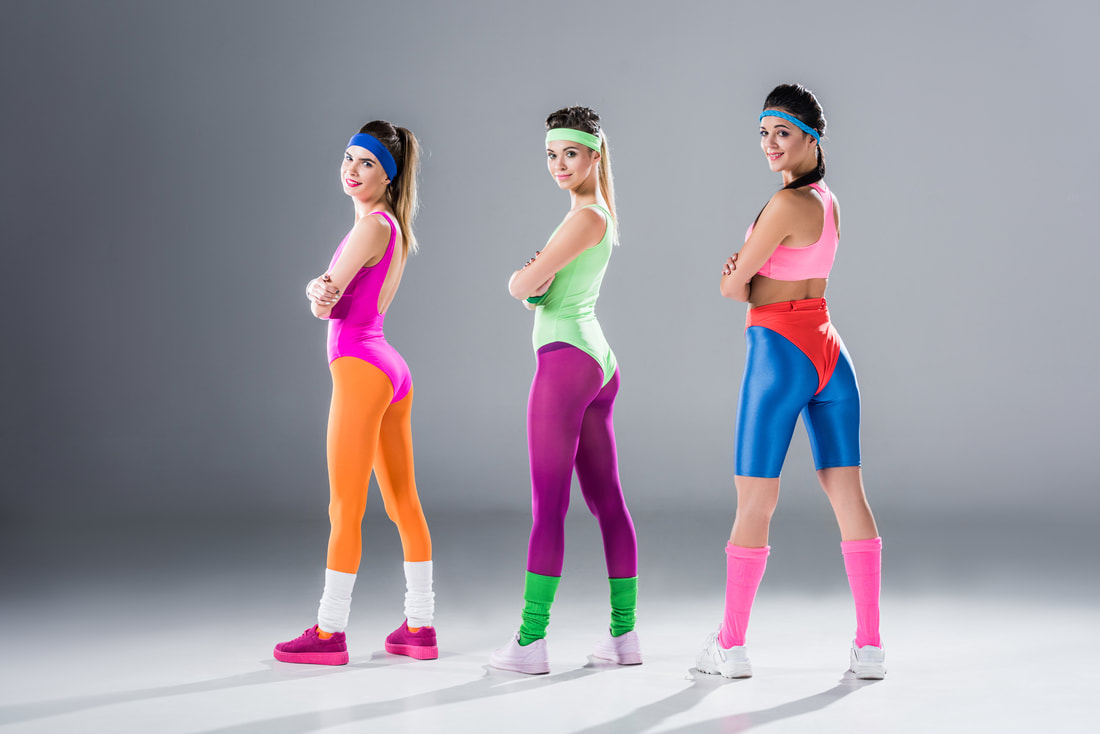
 RSS Feed
RSS Feed
